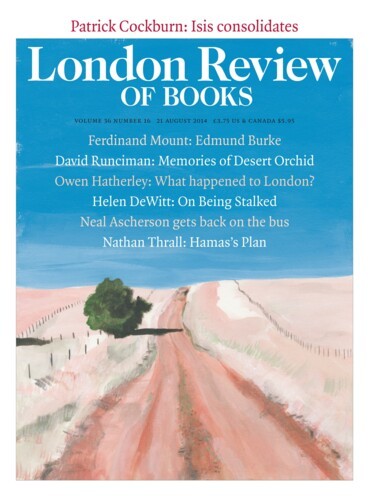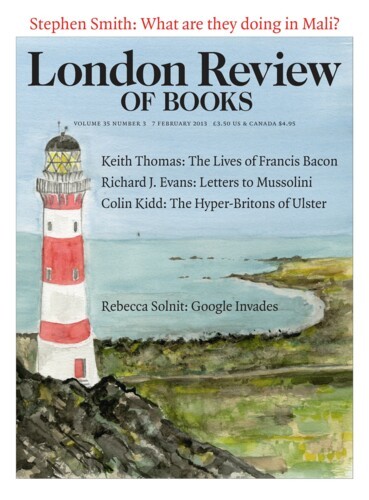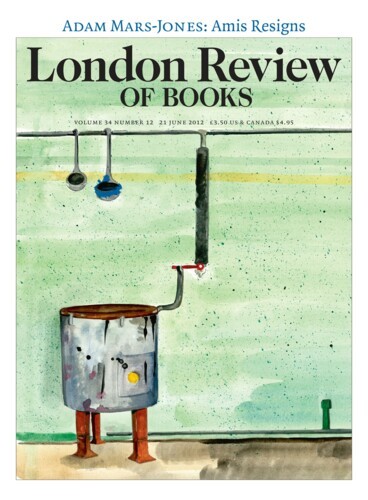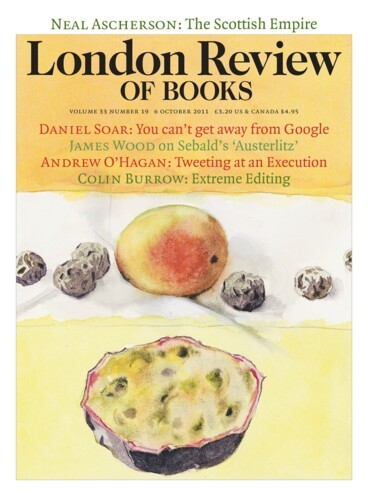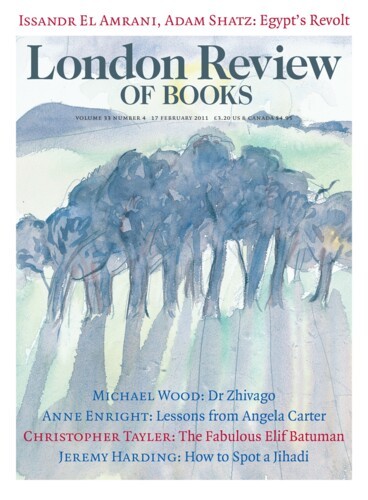Poem: ‘Levity’
Robert Crawford, 21 August 2014
Baghdad of the West, gallimaufry of Zahahadidery, Heavy with locos, liners, yards and docks Docked now of shipyards, sculpted, purled into shining Titanium hulls where Wild West meets West End, Your square-bashing sandstone kremlin an offcut of Venice, Your galleries a showy clone of Santiago de Compostella, One-off of sugar and gallusness, Adam Smith and preening baroque, Art-schooled from...
